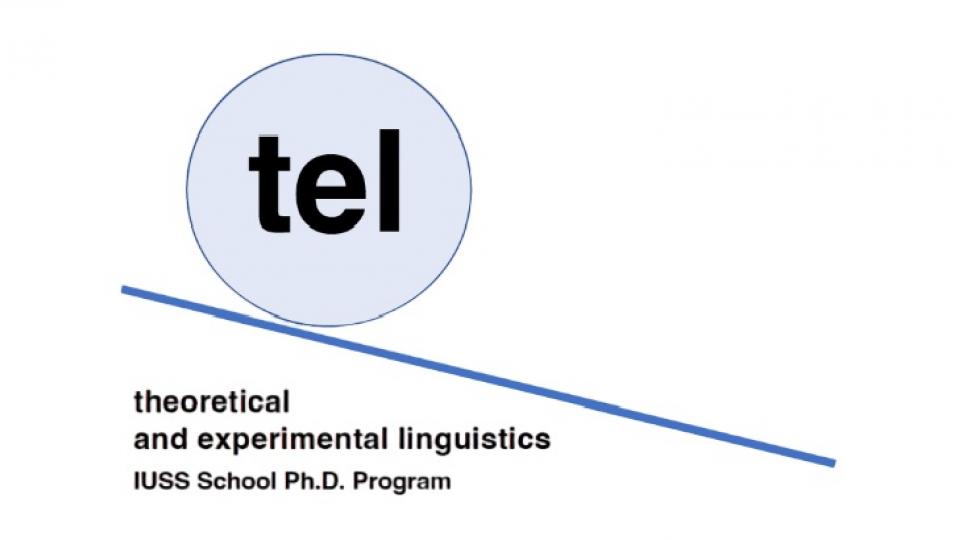
The PhD program in Theoretical and Experimental Linguistics (TEL) is a full-time 3-year program offered by IUSS. The doctoral program aims at training scholars in the field of linguistics, considering both theoretical and experimental approaches. In particular, the program focuses on studies in the areas of theoretical syntax, experimental pragmatics, and computational linguistics, taking into account both formal descriptions and psycho/neurolinguistic investigations.
Historically, research in the field of linguistics evolved as a consequence of the cognitive revolution that took place in the 1950s. On the one hand, besides philological and corpus-based approaches, linguists launched the systematic and formal descriptions of linguistic phenomena, from syntactic to pragmatic ones. This revealed the great complexity of human language. On the other hand, the use of various techniques from the field of neuroscience (e.g., functional neuroimaging, fMRI, or electrophysiological measures) and more fine-grained assessment of language disorders allowed researchers to better grasp the basis of language as linked to the functional architecture of the brain.
Research in linguistics at IUSS reflects these recent advancements and is based on innovative research projects that use both theoretical and experimental methods. Research domains include the theory of syntax, which aims at reducing the apparent geometric complexity of linguistic constructions to simpler and autonomous compositional structures, computational modeling of language production and comprehension (also with corpora and machine learning approaches), the study of the neurocognitive underpinnings of non-literal and figurative meaning understanding, also across the lifespan and in clinical conditions. Research activities are based also on national and international collaborations promoted by IUSS, very often within interdisciplinary contexts encompassing in particular the fields of psychology and medicine.
The TEL PhD Program is grounded in the research activities pursued at IUSS and it has a twofold aim: to provide PhD students with the conceptual and methodological tools to face the new frontiers and challenges of linguistic research and to encourage innovative projects either in well-established domains or in emerging ones. These includes, for instance, the theory of syntax, neurosyntax, the history of linguistic thought, computational linguistics, corpora and language modelling, processing and complexity, language disorders, language acquisition, experimental pragmatics, neuropragmatics, clinical pragmatics, developmental pragmatics.
To reach its aims, the TEL PhD Program has an Faculty Board that includes prominent figures and world-renowned experts in different areas of linguistics, some with Italian affiliations and others based in universities abroad, as well as scholars in complementary disciplines such as for instance psychology and medicine. The training program combines introductory and advanced courses on theoretical and methodological topics in linguistics and related disciplines, with the goal of strengthening a multifaceted competence to generate cutting-edge projects on the human language.
The TEL PhD Program is of great novelty in the Italian landscape for two main reasons. In the first place, TEL is one of the few programs specifically focused on linguistics, differing from other courses where linguistics is taught within the broader domain of the humanities. Second, TEL has a distinctive cognitive-oriented and synchronic approach to the study of language. Finally, TEL offers to PhD students numerous opportunities of national and international collaboration and access to research infrastructures either based at IUSS or via research agreements with other institutions.